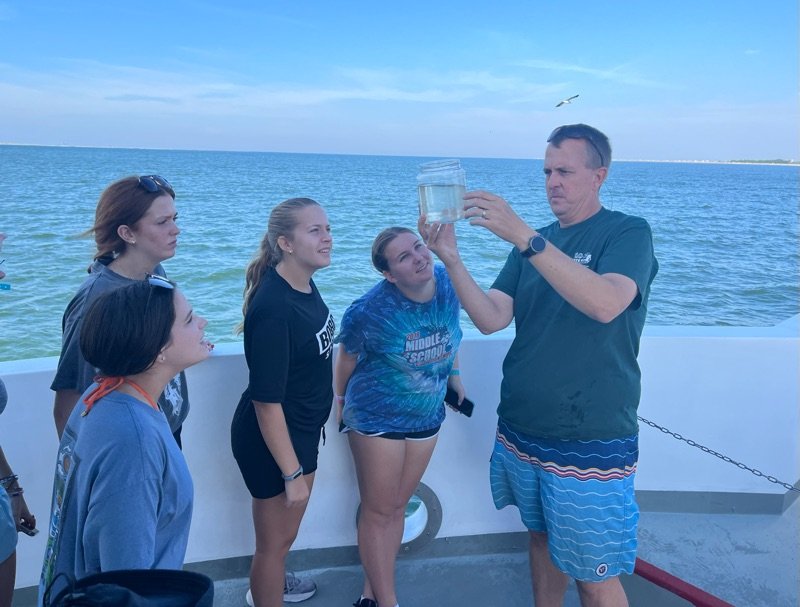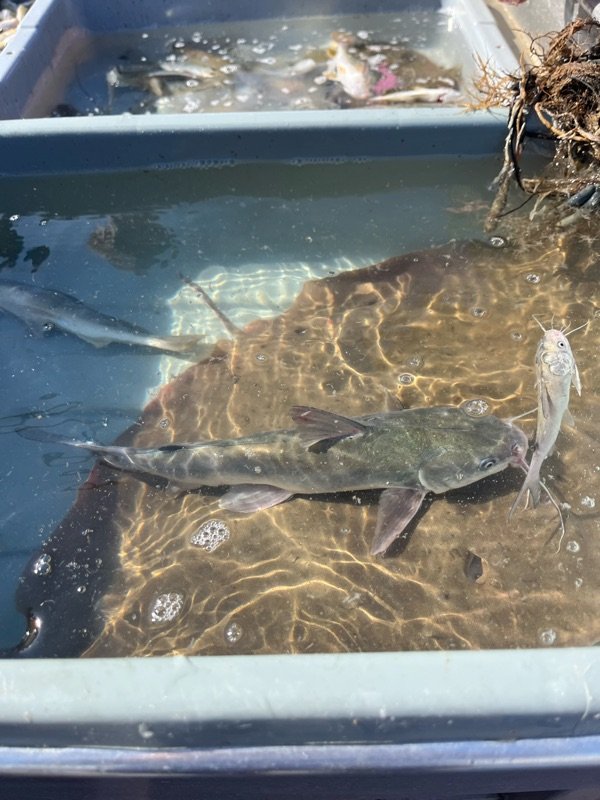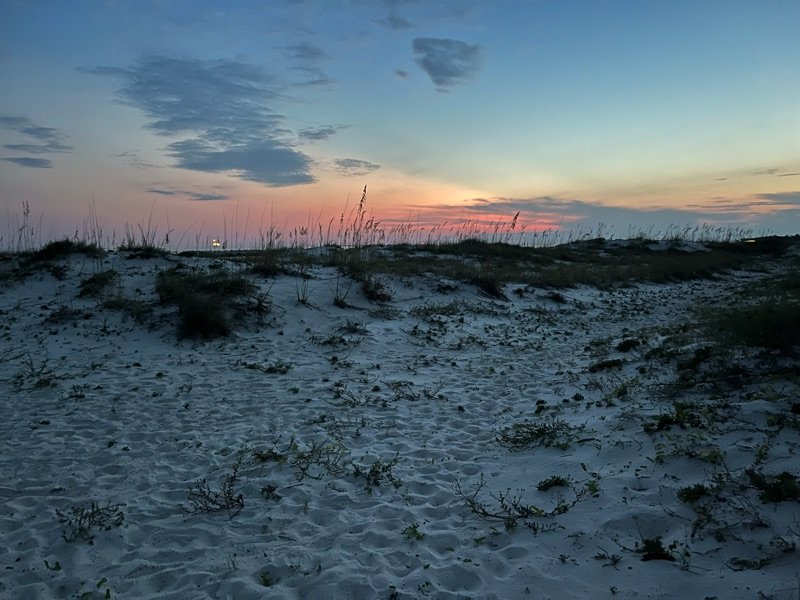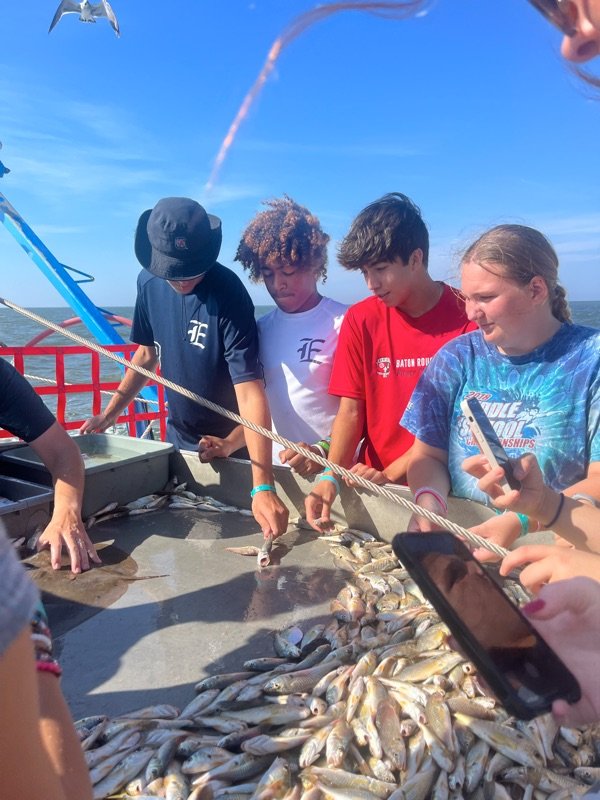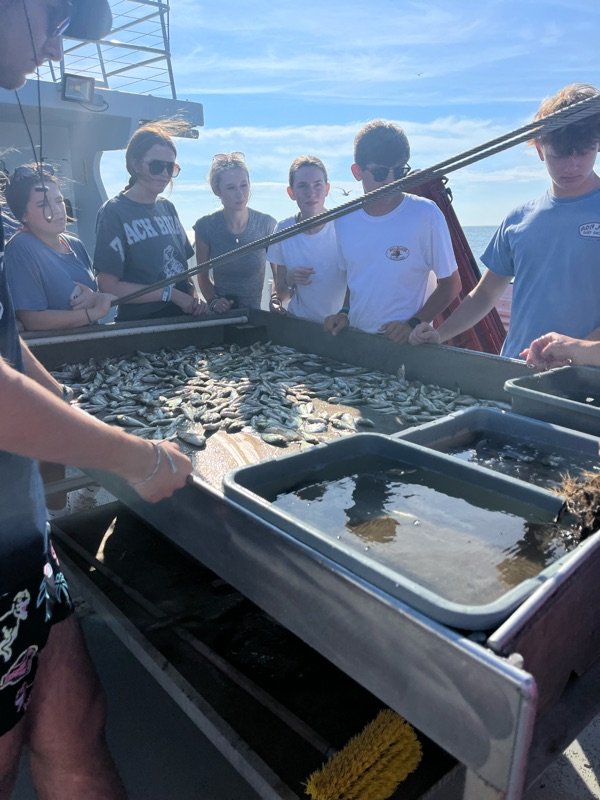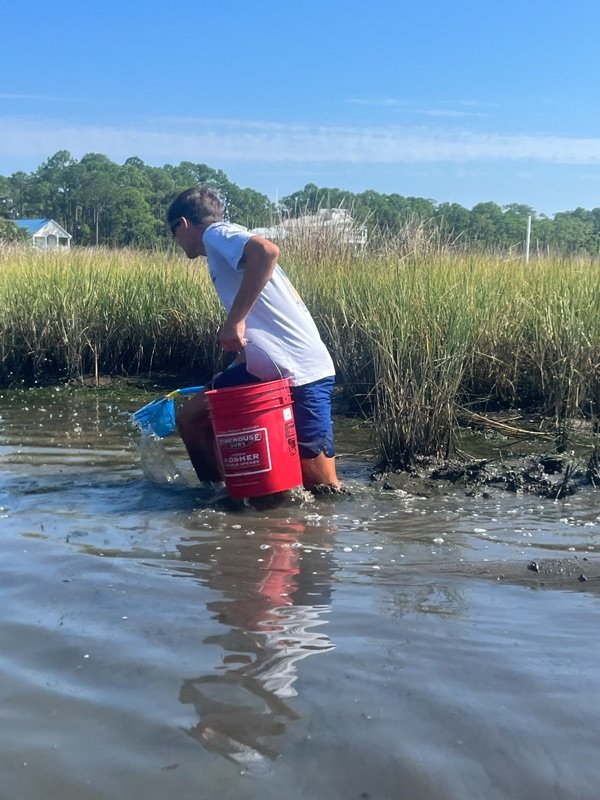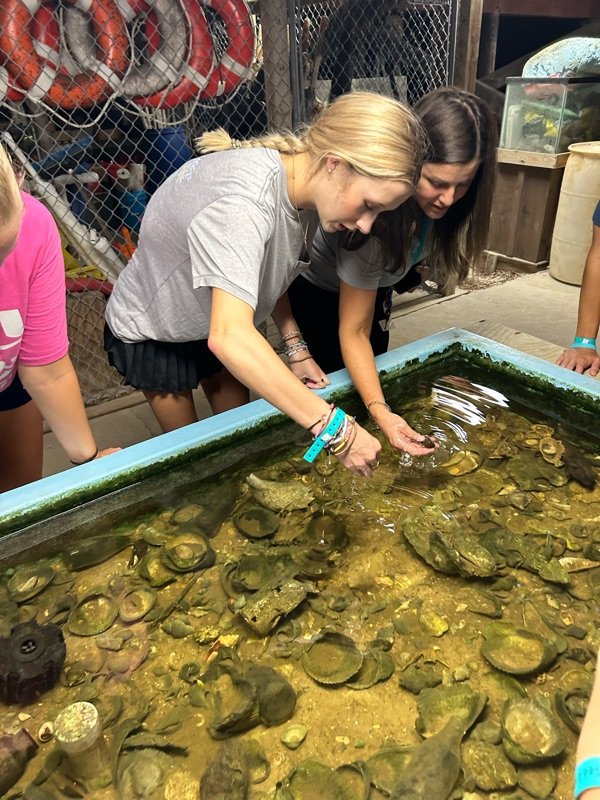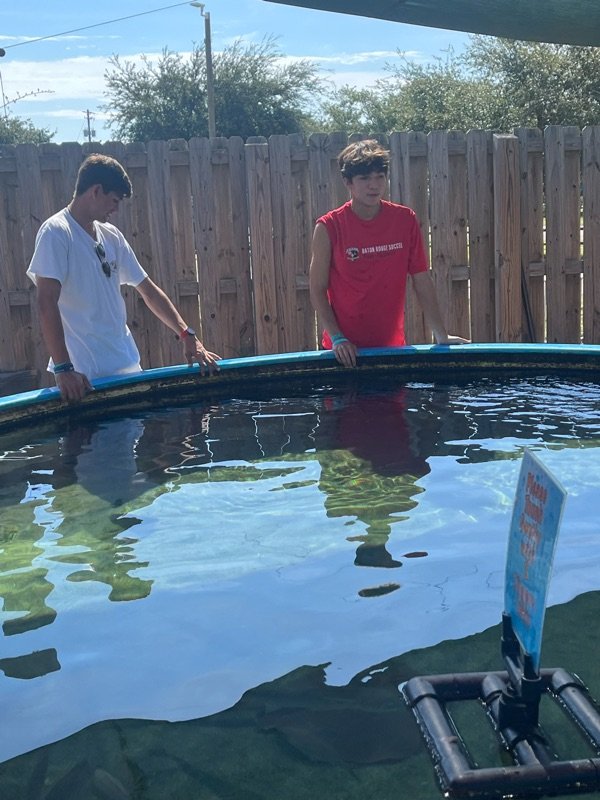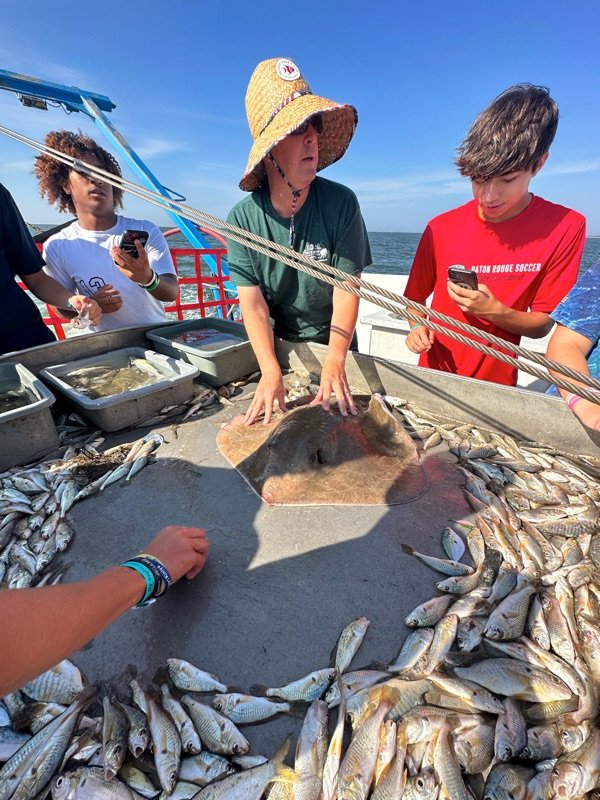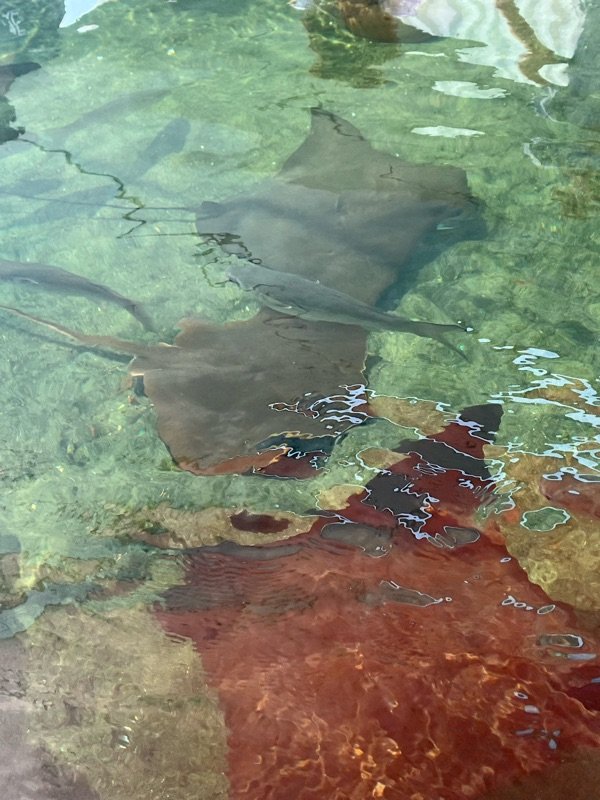- Admission
- Discover Episcopal
- Our Program
- Athletics
- Arts
- Spirituality
- Student Life
- Support Episcopal
- Alumni
- Parent Support
- Knightly News
- Contact Us
- Calendar
- School Store
- Lunch Menu
« Back
Adventures at Sea with Marine Biology Students
October 13th, 2023
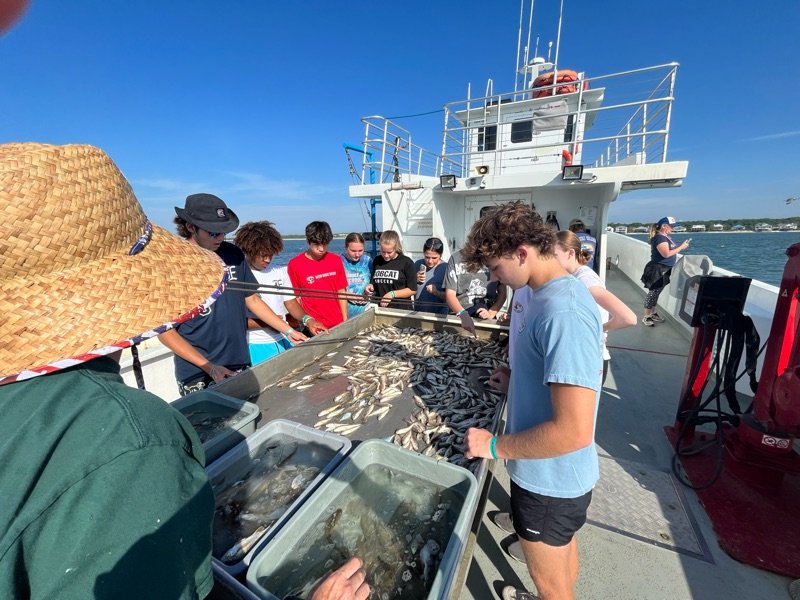
"To stand at the edge of the sea, to sense the ebb and flow of the tides, to feel the breath of a mist moving over a great salt marsh, to watch the flight of shore birds that have swept up and down the surf lines of the continents for untold thousands of years, to see the running of the old eels and the young shad to the sea, is to have knowledge of things that are as nearly eternal as any earthly life can be." Rachel Carson, American Marine Biologist/Conservationist
Marine Biology is a romanticized science- often the mention evokes dolphins, ocean waves, coral reefs, and warm sun. We usually don’t recognize all the other ways that the study of marine science encompasses so many other things, like muddy marshes, deep, bottom-dwelling oddities, and even the importance of microscopic plankton. Students who chose to take a semester-long course offered in our Upper School were able to travel for two days and two nights to the Dauphin Island Sea Lab on the coast of Alabama with me, their teacher, and our new service-learning coordinator, Ginny Barr. This institution, also known as the MESC (Marine Environmental Sciences Consortium), serves all colleges and universities in Alabama and serves as a hotbed of scientific research, both from resident biologists as well as visiting researchers. This unassuming, quiet island has a bevy of different environments to explore, from sandy beaches and maritime forests to saltwater marshes and the open water estuarine environment as Mobile Bay empties 62,000 cubic feet of fresh water per second into the Gulf of Mexico!
This environment creates the perfect place for our marine biology students to experience first-hand concepts we learn in class. For a class in a landlocked school, this type of field trip is crucial to their understanding of marine environments and how this translates to Louisiana and global issues like marsh loss and climate change. With the state of Louisiana losing land mass (and other Gulf states, for that matter) along with the hits to our seafood industry, it was revealing to the students who traveled the level of importance this needs to hold for everyday citizens.
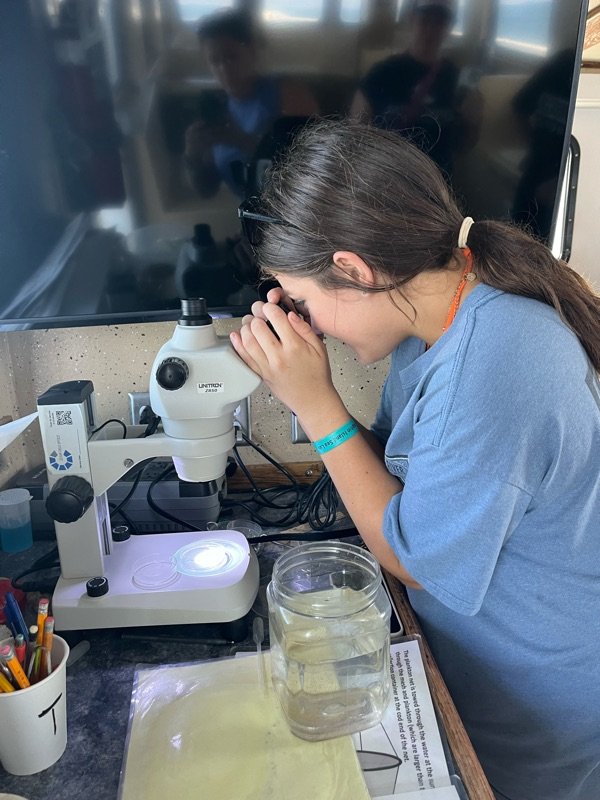
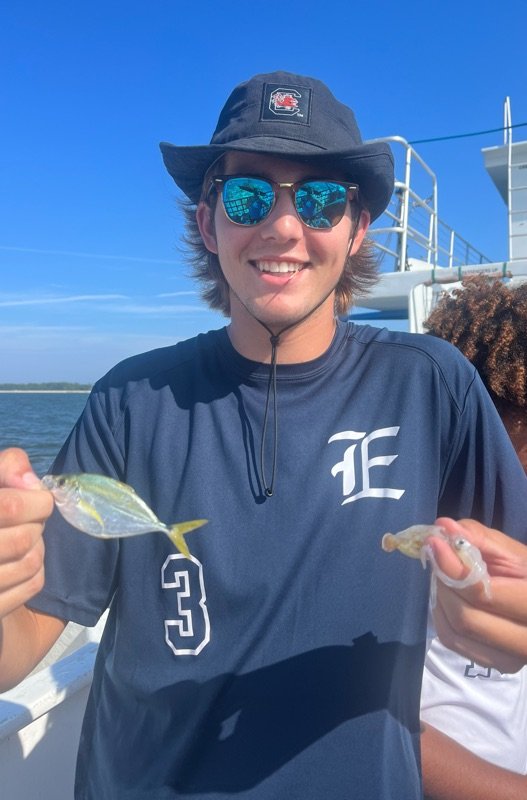
While there, the marine biology students had two particularly engaging experiences. The first was a multi-hour tour aboard the RV (research vessel) Alabama Discovery, where students were taught collection techniques like towing for plankton and using a trawl to bring up fish and invertebrates galore from the near-shore waters off the coast of the island. It’s one thing to explain to students how much biomass in the ocean is actually microscopic, and another thing to really see after a 20-minute tow, just how much a large jar can be teeming with minute zooplankton and phytoplankton, the base of the food web. While doing the tow, of course, the most mesmerizing thing was seeing the pods of dolphins collecting around the boat to eat fish from the net! Students were then brought to the back of the boat to sift through all the iridescent, prickly, and soft bodies that made up the organisms we trawled up - squid with flashing color spots, thin metallic fish, massive stingrays, worms, female crabs with “sponges” of eggs on their undersides, mantis shrimp that can split a thumb, and croaking fish. There was no shortage of surprises, including a moss-like clump of colonial animals called “bryozoans,” a variety of jellies, and even a species that they are just beginning to see in the northern gulf- a soft coral called sea pansies.
If that wasn’t enough excitement for the day, we also got into our “muddy clothes” and shoes and loaded a bus for the marsh. While there, students realized that the marsh recognizes no age or agility and quickly sucks one into sulfurous mud to the thighs. Dip nets revealed grass shrimp, little anchovies, and tiny blue crabs. Our instructor explained just how important salt marshes are in acting as storm buffers, absorbing wave energy as hurricanes batter our coasts. The marsh is also the primary nursery ground for our young seafood, including fish, shrimp, crabs, and so many other important organisms like mussels in the food web to various mammals and birds. Once just waving grasses in the breeze, names like Juncus and Spartina were the lyrical scientific names that gave students a deeper understanding of how important these plants are in the life of organisms like the periwinkle snails that climb their blades or the juvenile shrimp that eat the decaying grass.
Back at the lab, we then visited the sandy beach so that we could seine net for fish and see what similarities and differences we found in the fish between salt marsh and beach. I wouldn’t be telling the whole truth if I didn’t share that the students discovered that camaraderie while playing a game of sand volleyball or kicking around the soccer ball was valuable in terms of spending some down-time with classmates or that simply experiencing dormitory and cafeteria life was a nice change of pace to a normal school week. It is experiences like this outside of our campus walls that really form life-long memories and can have impacts on our careers and concepts of community and environment. It is my hope that students not necessarily pursue a degree in Marine Biology like me but that they have a rich experience appreciating nature and considering the ways we need to preserve and understand these ecosystems. I love traveling with students and being able to share my passion for science through outdoor experiences.
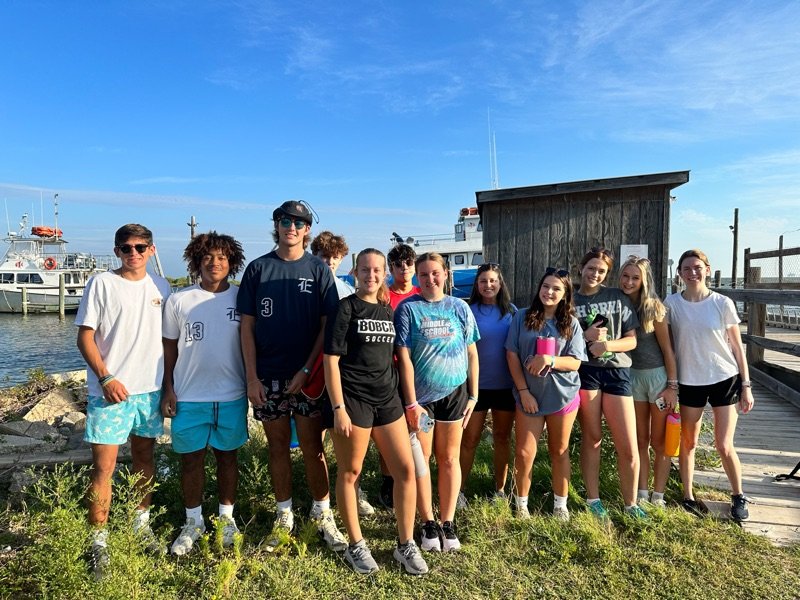
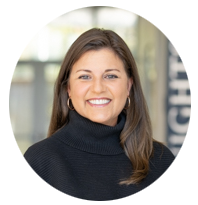
Sarah Root Pulliam, originally from Huntsville, Alabama, has been a member of the Episcopal science faculty since 2000 and the science department chair since 2008. Sarah loves to share her love of science and nature with students both in her classroom as well as through trips to Costa Rica, Chile, and local trips as the prior sponsor of the Outdoor and Environmental Club. Mrs. Pulliam helped develop and implement the ESTAAR Program. Among the courses Mrs. Pulliam has taught are biology, AP Biology, physical science, physics, marine biology, botany, tropical ecology, environmental science, and anatomy and physiology. Sarah earned her Bachelor of Science in marine biology from Auburn University and her MEd. in the Holmes Program from Louisiana State University with a concentration in biological science.
The Episcopal School of Baton Rouge 2025-2026 application is now available! For more information on the application process, to schedule a tour, or learn more about the private school, contact us at [email protected] or 225-755-2685.
Other articles to consider
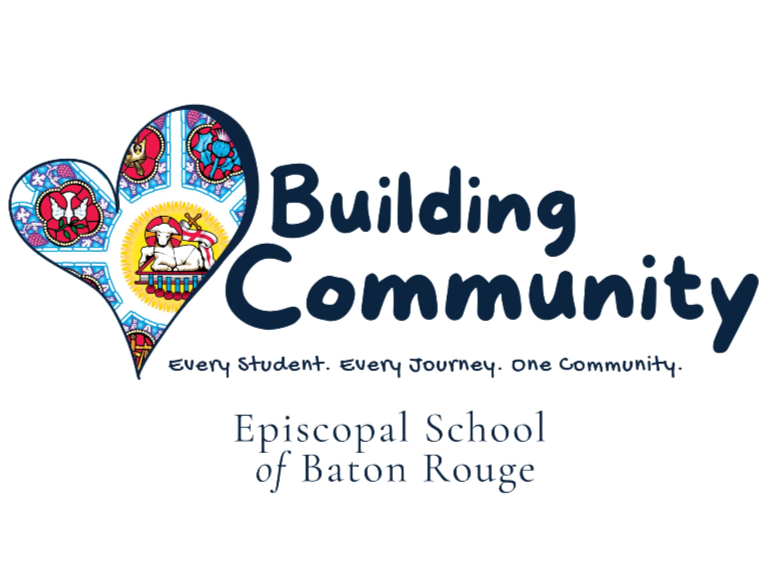 Aug14Building Community by Learning Together
Aug14Building Community by Learning TogetherThis year, there are numerous opportunities for families to learn more about Episcopal and overall child development. Learn more and make plans to join us.
See Details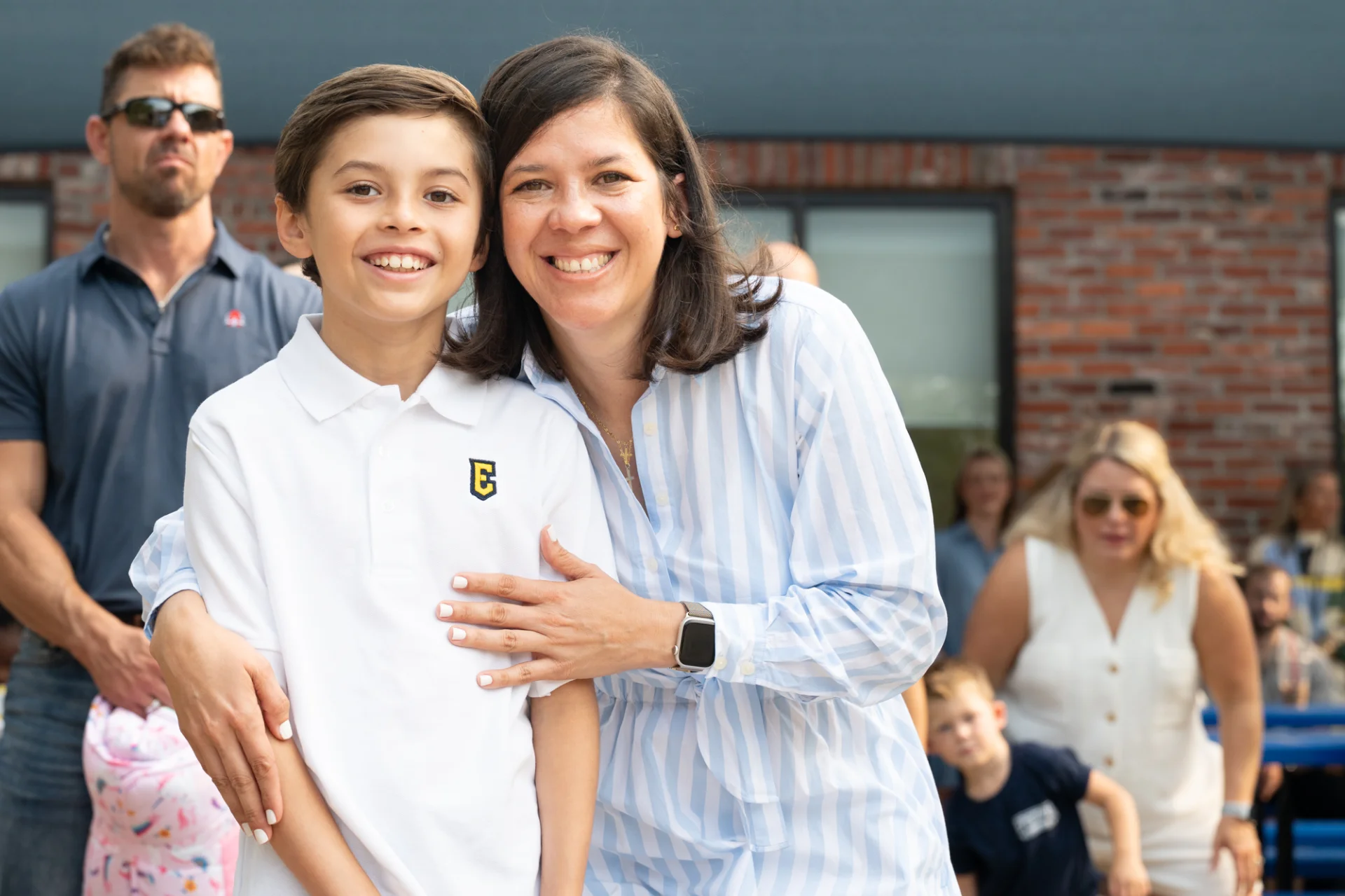 Aug8This is a Place Worth Believing in - A Back-to-School Message from Dan Binder
Aug8This is a Place Worth Believing in - A Back-to-School Message from Dan BinderNew Upper School Division Head Dan Binder welcomed students back to campus. He reflects on the Gospel’s message: “I believe; help my unbelief.” Binder names the tension between faith and doubt as part of the human experience. Read the message he shared in the first Chapel gathering of the 2025/2026 academic year.
See Details Jul29Introducing the 2025/2026 New Episcopal Faculty and Staff
Jul29Introducing the 2025/2026 New Episcopal Faculty and StaffEpiscopal is pleased to welcome the newest members of our Episcopal family.
See Details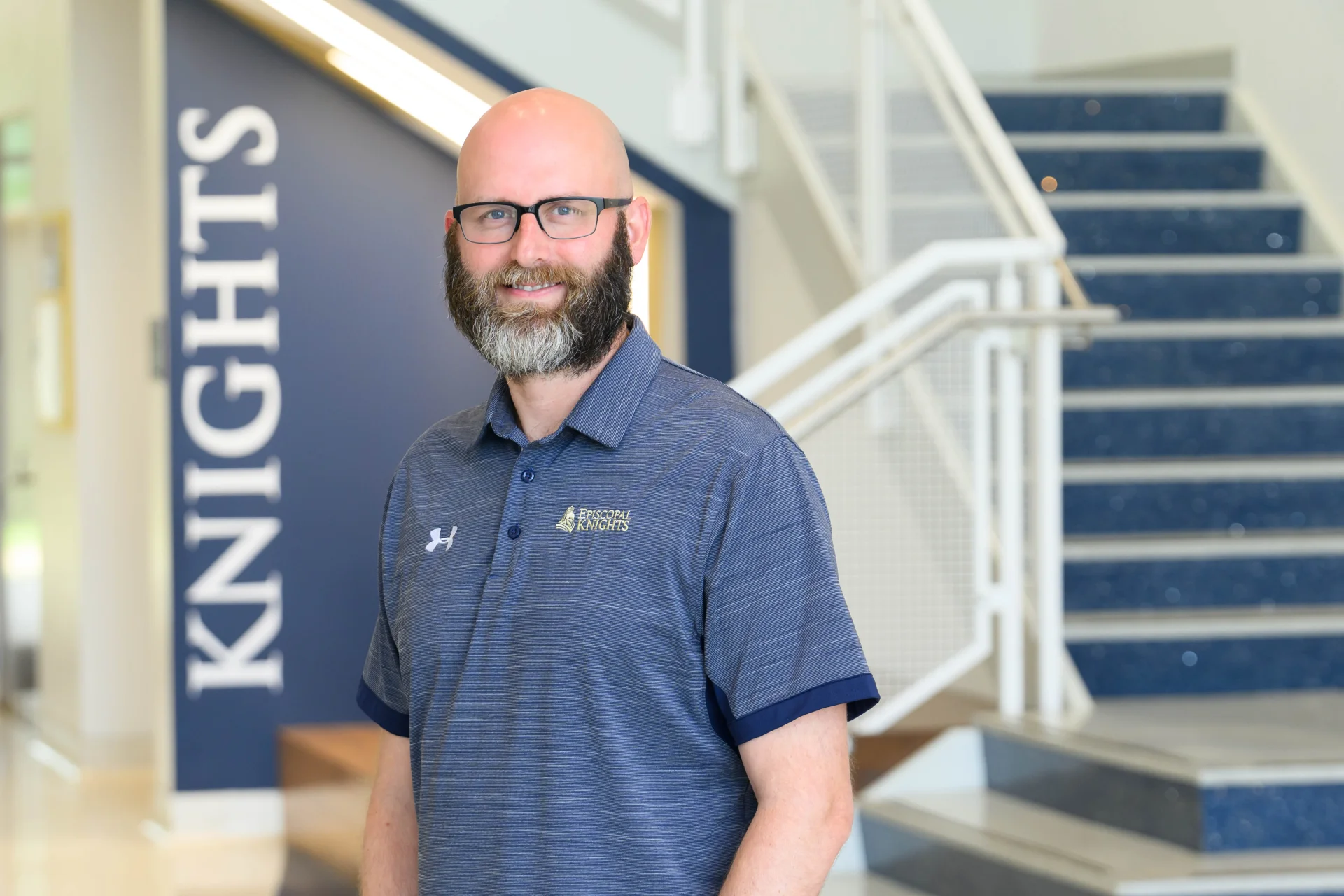 Jun5Episcopal Announces New Athletic Director
Jun5Episcopal Announces New Athletic DirectorPlease join us in welcoming Brent Broussard to the Episcopal community.
See Details
Categories
- All
- Admission
- Athletics
- College Bound 2019
- College Bound 2020
- College Bound 2021
- College Bound 2022
- College Bound 2023
- College Bound 2024
- College Bound 2025
- Counselors Corner
- Episcopal Alumni
- Giving
- Head Of School
- Lower School
- Middle School
- Spirituality And Service
- Student Work
- The Teachers' Lounge
- Upper School
- Visual And Performing Arts






